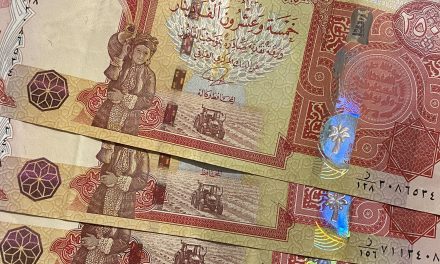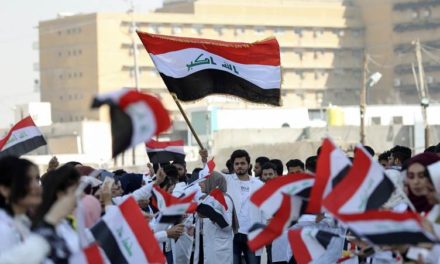Iraqi Council of Representatives
Some commentators in Iraq have dismissed the significance of the upcoming elections by arguing that its results are inconsequential since the political class perpetuates itself through several means, namely via established patronage networks. But the results of previous elections challenge such claims, as evident in the low re-election rate, which suggests that the power of the electorate to hold representatives to account should not be underestimated.
Of the 210 incumbents who contested the 2014 parliamentary elections, only 39% (81) secured their seats. In other words, incumbents represented only 25% of the Council of Representatives in 2014
Critics might argue that incumbency advantages are limited to majoritarian systems with single-member districts as is the case with the U.S. But recent studies found a significant electoral incumbency advantage in Indonesia, which is a relatively new democracy that adopts proportional representation and multi-member districts, like Iraq. The literature cites several incumbency advantages that help them secure reelection, such as name recognition, the ability to deliver services, the availability of adequate resources, and the tendency to secure high ranking positions as candidates in their electoral lists. This is evident in the 2014 parliamentary elections, where 72% of reelected incumbents ran under the highest four ranks, as shown in Chart I.
Chart I. List position of re-elected incumbents in 2014 parliamentary elections

On the other hand, women have a slightly higher reelection rate of 20% (17 out of the 83), compared to 18% of men (43 out of 245). This could be attributed to gender quotas, given that the median vote tally for males (12140) is twice the number of votes gained by female candidates (5610)[1], as shown in Chart 2.
Charts 2. Difference between Males and Females in terms of median votes to secure a seat.

The low reelection rate indicates the power of elections in Iraq, where voters can punish those who did not deliver on their pledges. However, it has several disadvantages, such as burdening the Iraqi budget with pensions for MPs who have not been reelected, preventing the accumulation of institutional knowledge and expertise, and weakening parliament’s overall cohesiveness and functionality.
Several factors could explain the low reelection rate. First, the sentiment against incumbents and the need for change, as advocated before the election cycle of 2014 by Grand Ayatollah Ali Sistani, who recommended that Iraqi voters “abandon old faces that did not bring anything good to Iraq and replace them with new people.” Second, the tense political situation that dominated Iraq before the elections, as evident in the demonstrations in Sunni-majority provinces, and parliament’s failure to pass the 2014 budget. All these incidents indicate the inability of incumbents to reach compromise over wealth distribution and political participation. Third, the lack of established MPs, who enjoy large popular bases.
On the other hand, the majority of voters confuse the functions of parliament with that of provincial councils, which are constitutionally mandated with “broad administrative and financial authorities” to deliver services, whereas parliament is a legislative body. Therefore, they demand services from their representatives in parliament, who can only deliver by relying on their own personal connections.
To sum up, the low reelection rate indicates the importance of elections in Iraq, where most incumbents lose their seats to newcomers. Some of the factors behind the low reelection rate remain relevant today, such as the popular sentiment against incumbents. For example, a recent survey found that 55% asserted they would not reelect incumbents. However, the defeat of ISIS, the relatively peaceful restoration of federal control over disputed territories, and the prospect of improved services as the government moves towards decentralization might help some incumbents secure their seats, but it will not be substantially higher than previous elections.
[1] Median was used rather than the mean to get rid of the effect of outliers. But even if the mean is used, the difference is still high, where men have a mean of 21,032 and women have a mean of 12,617.

Hashim Al-Rikabi
Hashim Al-Rikabi is a researcher at Al-Bayan Center for Planning and Studies in Baghdad where he focusses on institutional reform and rule of law. He holds a Master’s in Political Science from Western Illinois University.










